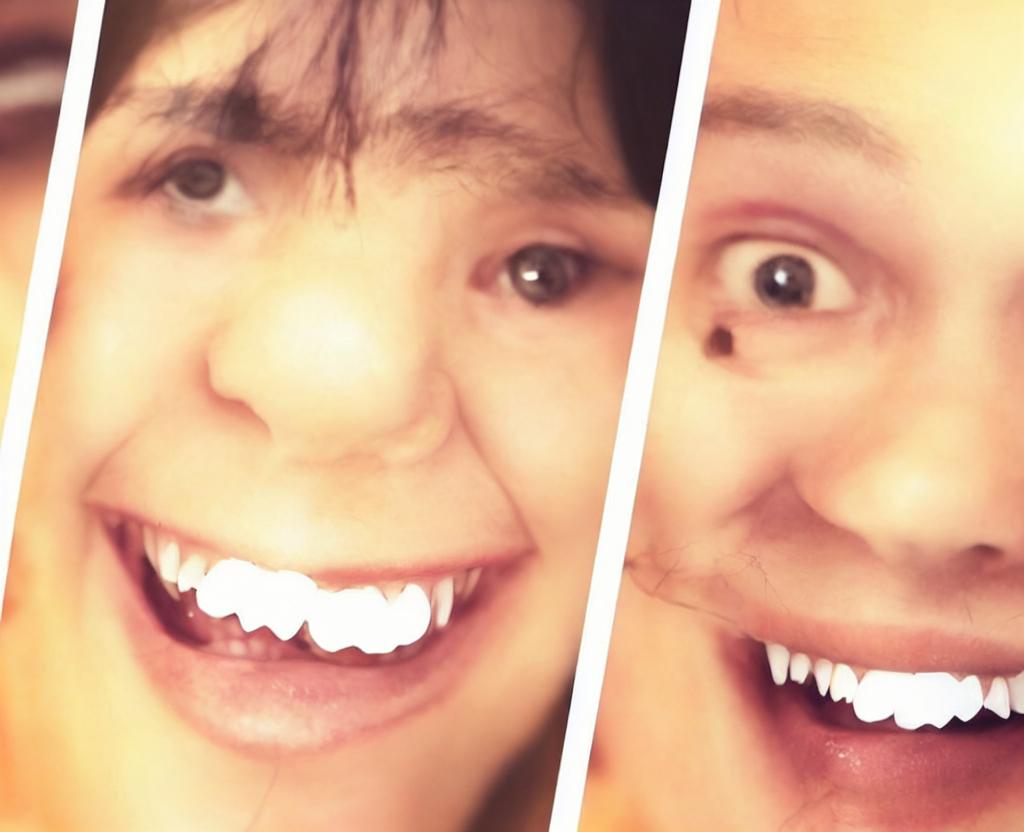
World Hearing Day
World Hearing Day, which takes place every year on March 3rd, raises concerns about hearing loss prevention. It's also a day that promotes ear and hearing care.
Hearing loss affects 466 million people worldwide, or 5 percent of the world's population, according to the World Health Organization, or 5 percent of the world's population. Children account for three out of every three million people affected by hearing loss. By 2050, over 900 million people will have disabling hearing loss if we do nothing. 900 million people will have disabling hearing loss by 2050. Adults over the age of 15 have a hearing loss greater than 40 decibels (dB). (dB) Children aged 0 to 14 have hearing loss that is greater than 30 dB.
Hearing loss is the most common cause of hearing loss. Here are the key types of hearing loss:
- Sensorineural: Inner ear nerve damage, usually as a result of age or prolonged exposure to noise. Hearing aids are usually included in treatment regimens
- Conductive: Caused by earwax, fluids, tumors, or other structures in the outer or middle ear. : Treatment usually requires removal of the blockage, which may necessitates surgery or medicine
Some people also have mixed hearing loss. Sensorineural and conductive hearing loss is a result of sensorineural and conductive hearing loss. Hearing loss is considered an acquired hearing loss by many of these categories of hearing loss. Those who have congenital hearing loss are born with this disorder.
Genes, exposure to disease while in utero, and head or ear injuries are all factors that can increase one's chances of hearing loss. Hearing loss can also be caused by hearing loss due to diseases such as meningitis, mumps, severe jaundice cases, and chickenpox.
Hearing loss affects many aspects of a person's life.. Hearing loss has reduced workplace productivity, increased anxiety, increased anxiety, increased frustration, increased anxiety, increased vulnerability to personal security, weakened memory, and reduced work results are all negative effects of hearing loss.
How to celebrate #worldhearingday.
WHO releases a variety of evidence-based reports on hearing loss to government, policymakers, and regional WHO offices each year on this day. These publications include brochures, presentations, infographics, and flyers. The WHO encourages audiologists and hearing loss specialists to provide free hearing screenings as well as publishing important information on hearing loss prevention and treatment.
To participate:
- Scheduling a hearing screening is the most common
- Learn how to protect your hearing
- The hearWHO app can be downloaded
- Educate yourself on hearing loss treatment options
- Anyone who has suffered from hearing loss should seek medical attention
#WorldHearingDay is a hashtag that has been used on social media to raise concerns for this day. #WorldHearingDay is a hashtag that has been shared on social media.
The world's biggest day of history is today
In 2007, WHO established World Hearing Day in 2007. WHO established World Hearing Day in 2007. International Ear Care Day was the first day of World Ear Care Day in 2016. Each year, the WHO chooses a specific theme for this day. The following are the most recent themes that have been included:
2021: Hearing Care for All People. Hearing Care for All People.
2020: Hearing for Life in 2020: Hearing for Life in 2020.
2019: Check Your Hearings. Check Your Hearings.
Hear the Future of 2018: Hear the Future. Hear the Future.
Make a Smart Investment in 2017: Make a Sound Investment. Make a Sound Investment in 2017: Make a Sound Investment. Make a Sound Investment. Make a Sound Investment.







